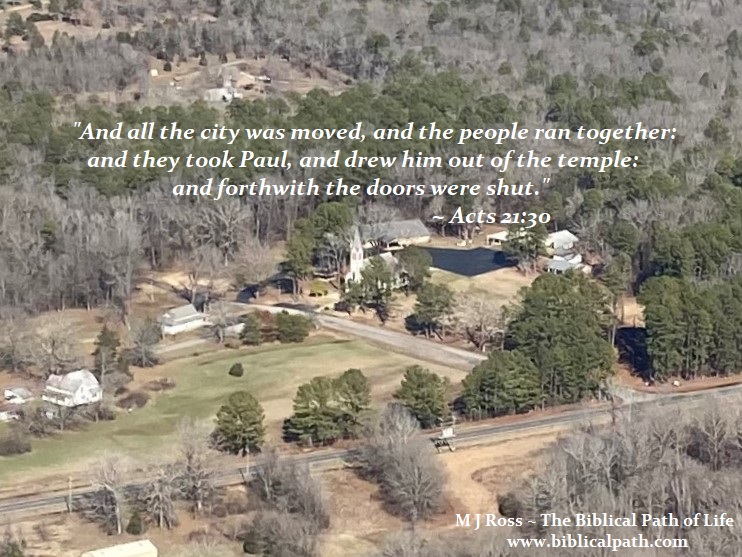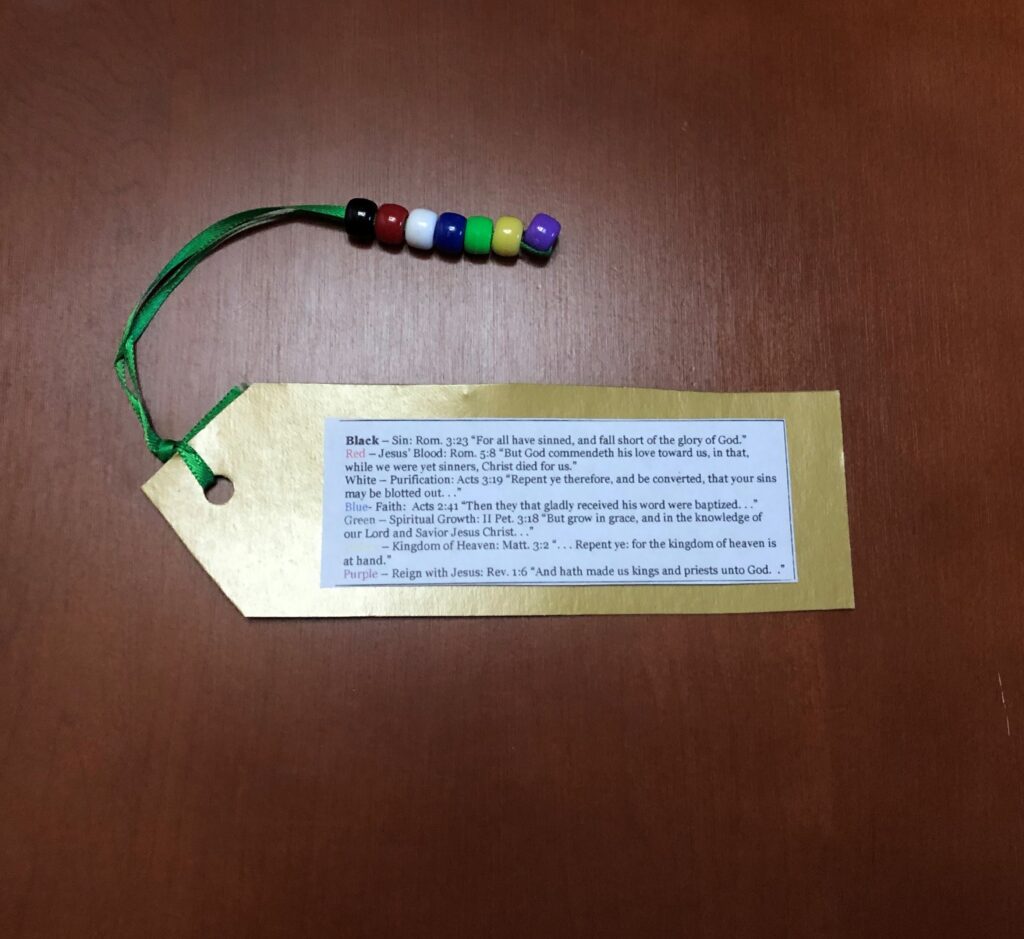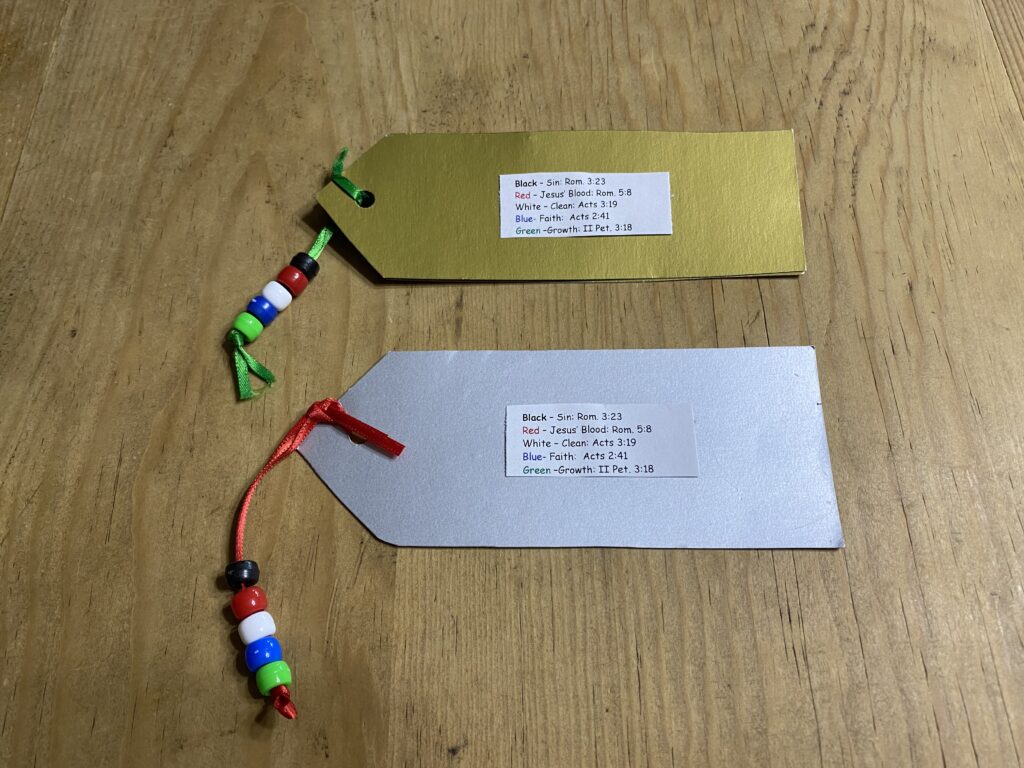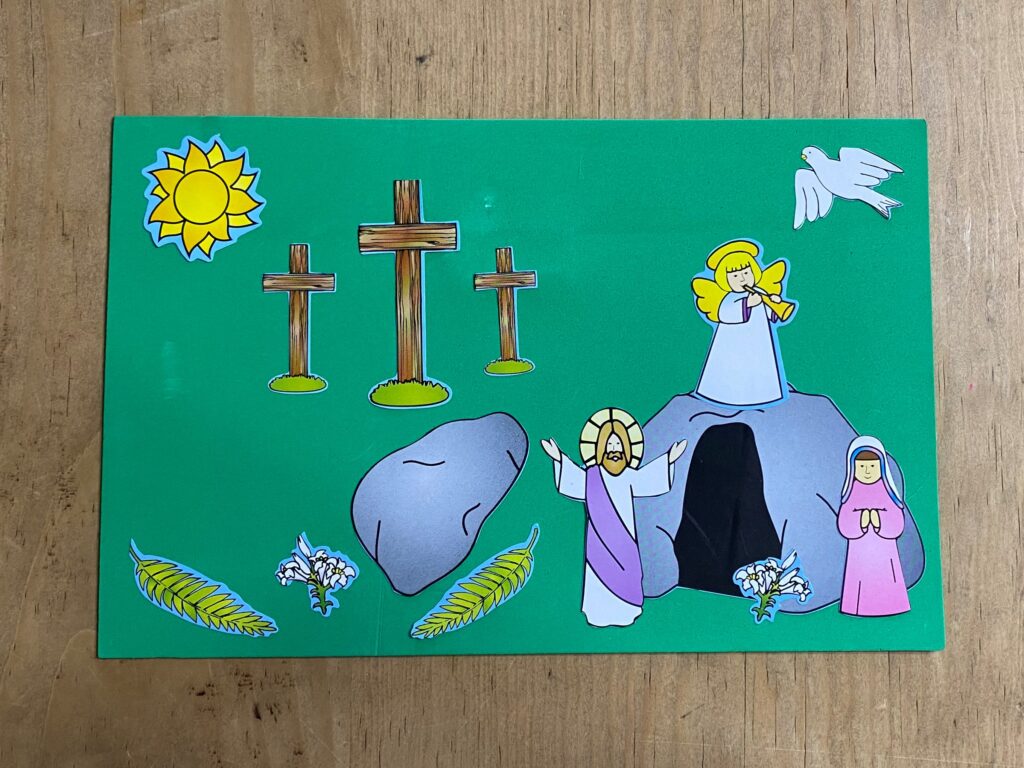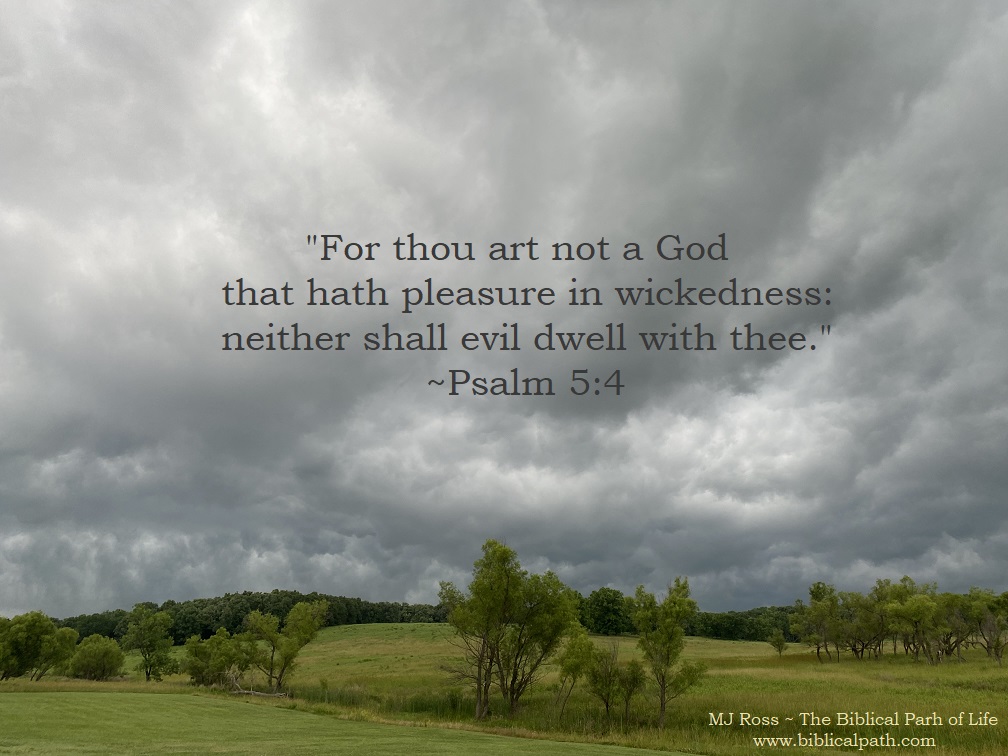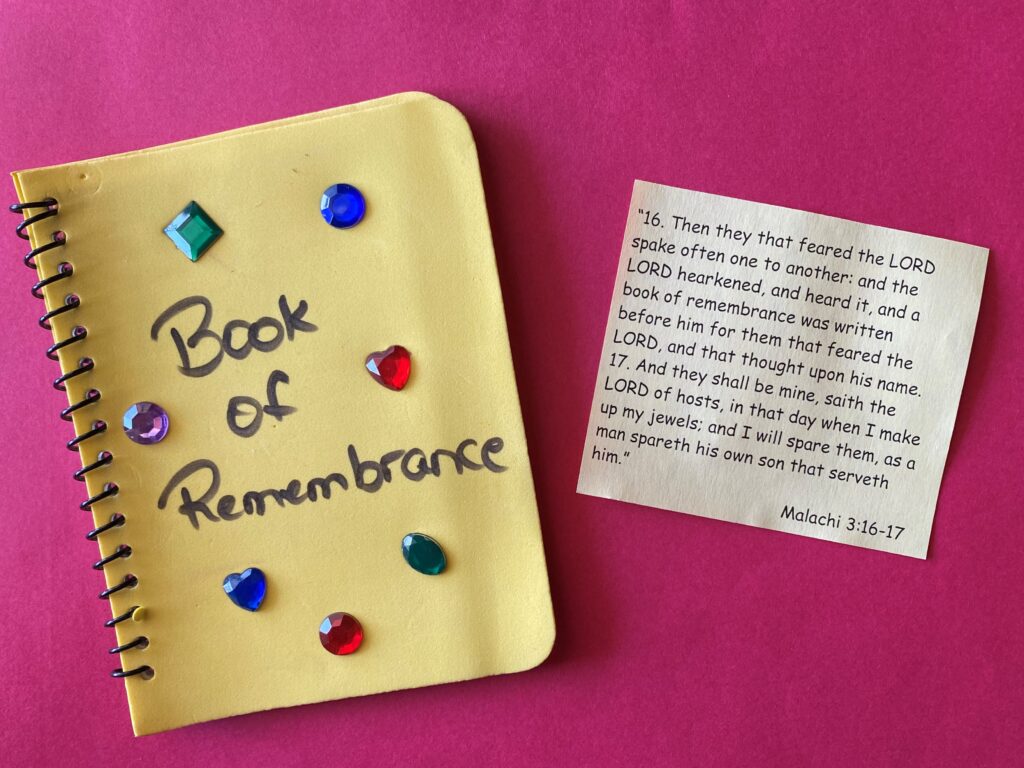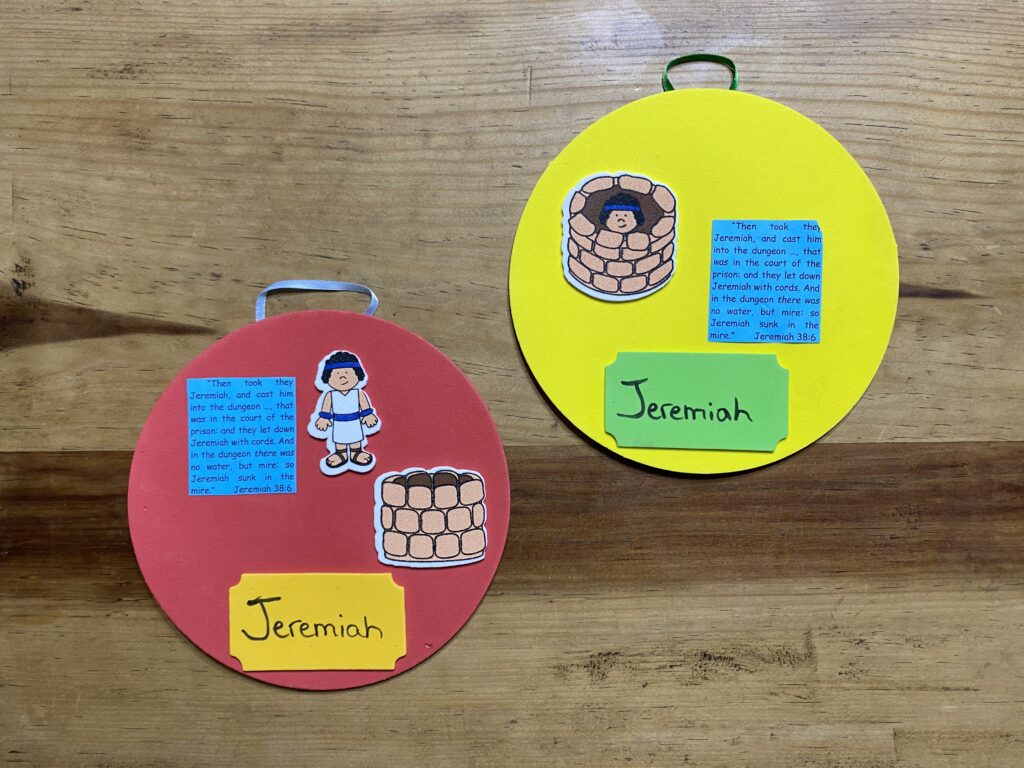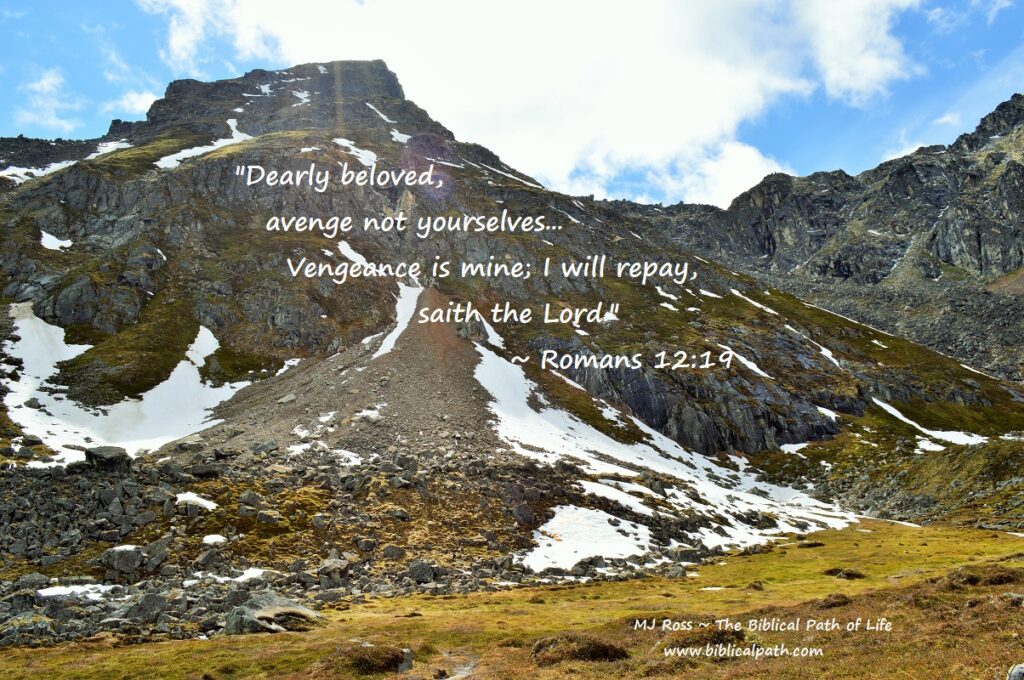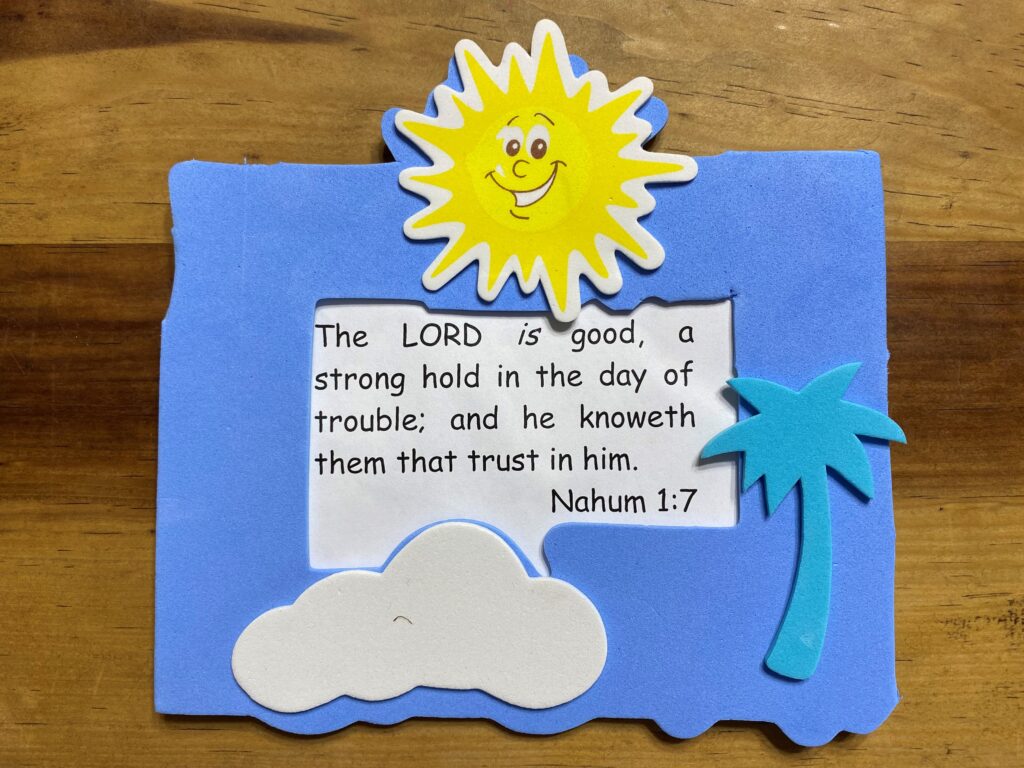
Key Verse
Furthermore then we beseech you, brethren, and exhort you by the Lord Jesus, that as ye have received of us how ye ought to walk and to please God, so ye would abound more and more.
—1 Thessalonians 4:1
Key Verse Thought: Read the Key Verse. We have been learning about the letters that Paul wrote to the early churches (many started on his missionary journeys). In each of these letters, we have been learning what Jesus did for sinners, instructions of how to live a Christian life, and how the church is to grow and function. In this verse, Paul reminds that Christians have been taught how to walk (live a life pleasing to God). But he also encourages Christians to “abound more and more.” This means to excel in one’s Christian life.
Emphasis: We are to understand that each Christian is to grow in Christ by keeping their bodies and minds pure. Christians cannot do the same things as the world, for we are to “Abstain from all appearance of evil” so that we can be an encouragement to other Christians and a light to the lost world. Christians are to walk worthy.
Lesson Summary: In our last lesson, we looked at Paul’s letter written to the church at Colosse because of error taught in the church. False teachers had taught, changing the simple Gospel of Jesus into a quest for philosophy after the ways of the world instead of the things of Christ. Paul declared that Christians are to set their affections on things above, not things on the earth (see Colossians 3:2).
First Thessalonians was written to the church at Thessalonica, which Paul established on his second missionary journey (see Acts 17). Remember that when there was an uprising incited by Jews who rejected the teaching of Jesus, Paul and Silas were sent away by night – keeping them safe. They were only there for three Sabbaths, but when the people at Thessalonica heard the Gospel message preached by Paul and Silas, enough of them believed that a church was established. Not only had a church been established, but also the Christians at Thessalonica were living examples into the areas around. Because Paul had not been able to stay long in Thessalonica (for he had been driven out of the city), he sent Timothy to them. Upon Timothy’s return to Paul with a report of the church, Paul wrote to them. Paul was greatly encouraged, but he wrote that they needed to live Christ-like in every aspect of their lives. Not only were they to posses their vessel (their body) in sanctification and honor (keep it pure and holy before God), but they were to keep from all appearances of evil. When there was a question about Jesus’ return in the air for His church (also called the Rapture), Paul gave them specific answers. (We will learn more about Jesus’ second coming next week in our study of 2 Thessalonians.)
Paul taught many ways that Christians could not do the same things as the world. By obeying God’s Word, they would be an encouragement to other Christians as well as a light to the lost world.
Y3Q3 – Lesson 11 Questions
Y3Q3 – Lesson 11 Children’s Worksheets
If you are teaching this to younger children, the following is a craft idea to help them remember this lesson:

It is good for us to remember to do our own business, and work with our own hands. We glued a verse onto a handprint to help us remember this thought.
The Biblical Path of Life – Year Three, Quarter Three is now available through Amazon.
